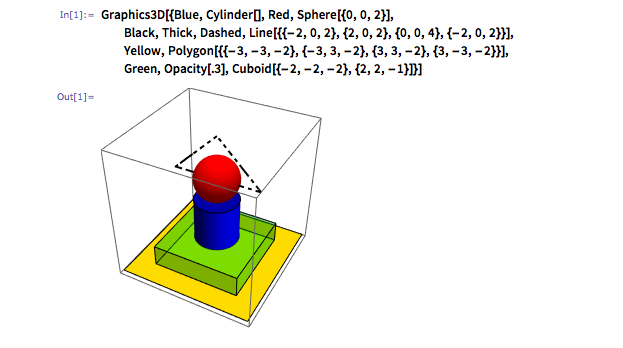
Stephen Wolfram is famous for designing the Mathematica software platform, in addition to the Wolfram Alpha “computation knowledge engine.” A few years ago, he jumped on the cloud-and-mobile bandwagon, announcing at SXSW 2013 that he would launch a Programming Cloud in addition to a mobile platform for engineering and mathematical applications. While Mathematica isn’t a programming language on the scale of, say, Java, C, C++, and Python, it does have its highly specialized applications. Companies such as IBM and Motorola use the language for engineering, while financial firms along the lines of Goldman Sachs and Citigroup have applied it to financial use. The Wolfram Language, which made its debut two years ago, is Wolfram’s follow-up attempt to create a language that will allow developers and software engineers to program a number of complex functions for a variety of devices (from PCs to smartphones) in more streamlined fashion. “The Wolfram Language does things automatically whenever you want it to,” Wolfram wrote in a November 2013 blog posting about the language. “Whether it’s selecting an optimal algorithm for something. Or picking the most aesthetic layout. Or parallelizing a computation efficiently. Or figuring out the semantic meaning of a piece of data.” Now Wolfram has published a new book, free on the Web, which provides an elementary introduction to the Wolfram Language in addition to “modern computational thinking.” Wolfram concedes that the book doesn’t cover everything a tech pro would need to become an expert in the language. “Generally I tried to include areas that are either very commonly encountered in practice, or easy for people to understand without external knowledge—and good for illuminating principles,” he wrote. “I’m very happy with the sequence of areas I was able to cover—but another book could certainly pick quite different ones." Nonetheless, for those interested in exploring a new and interesting language, the book is a good place to start. Although the Wolfram Language hasn’t made the same sort of specialized inroads as Mathematica, there’s been chatter over the past year that it could end up integrated into some pretty big platforms, most notably Unity. That could potentially make it a valuable thing to learn in the future, for anyone willing to spend the time.
